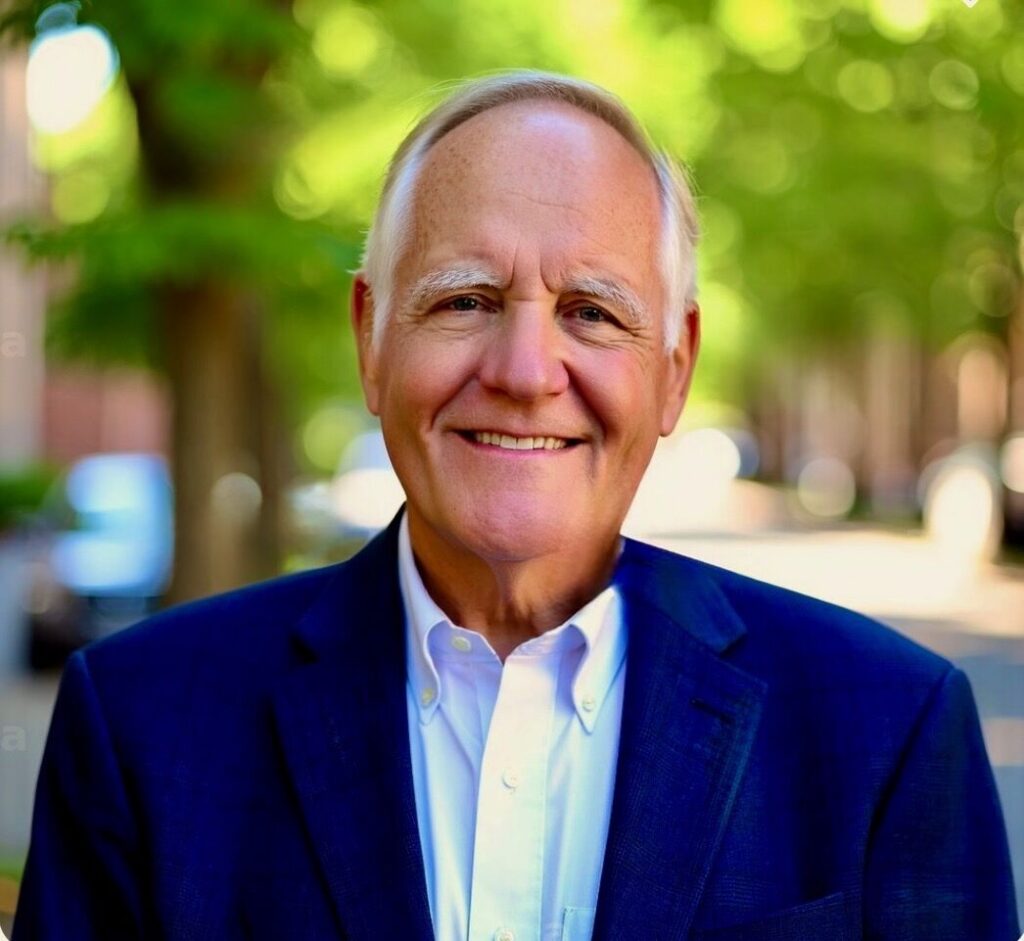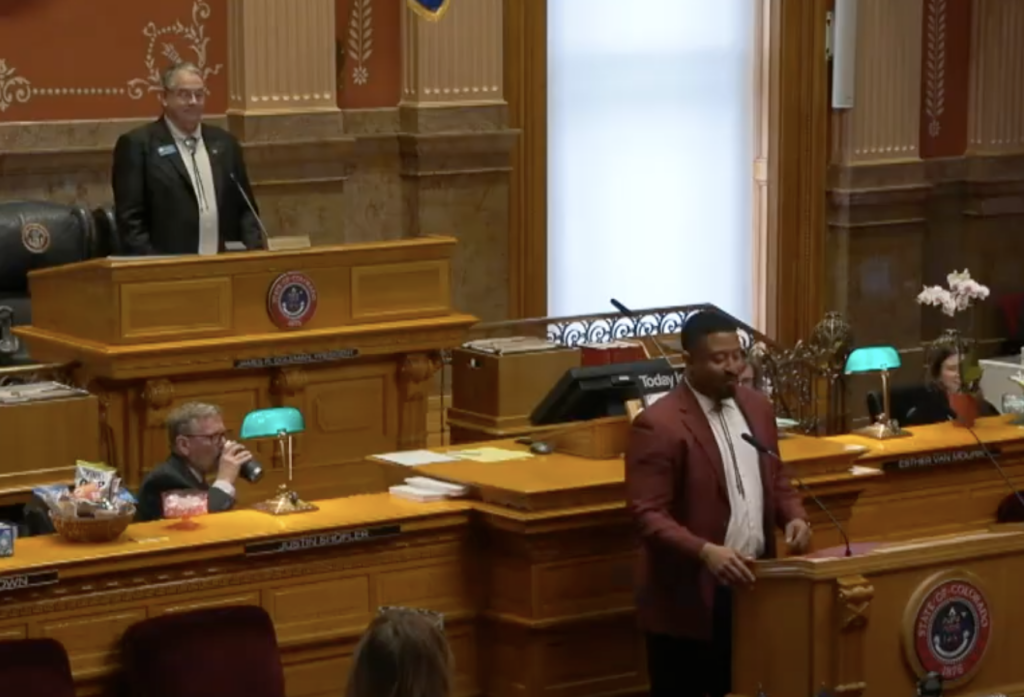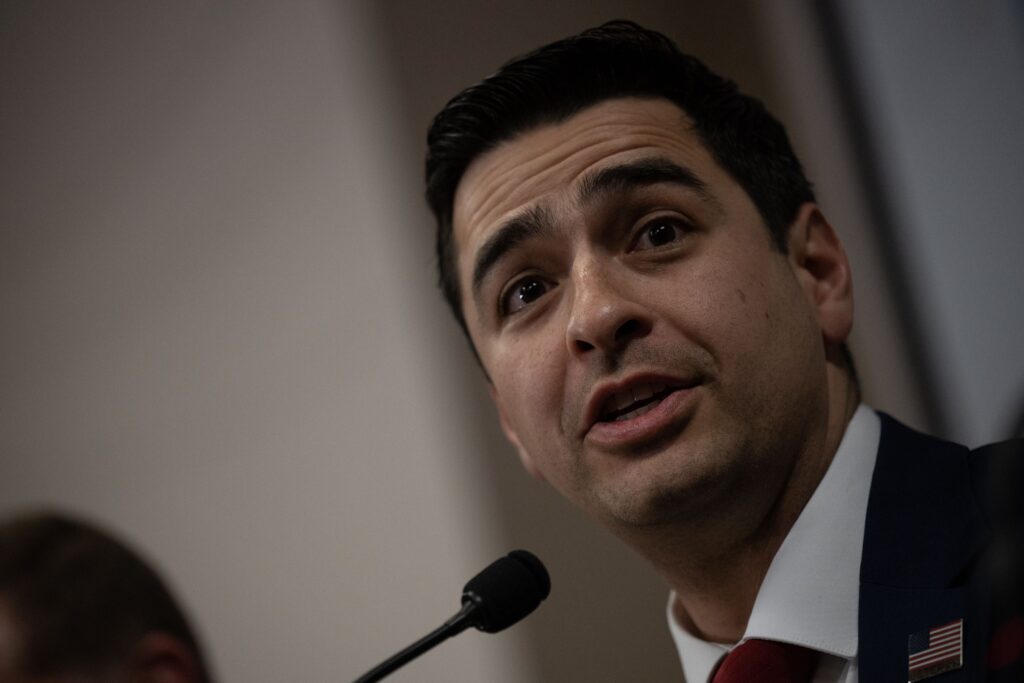The safety of the majority trumps fear

In recent years no matter how dismal Colorado’s performance might be on most public policy measures — whether they be high school graduation rates or taxpayer support for schools and roads — we could generally rely on the fact that one or more members of the old Confederacy, frequently Mississippi, would slip between us and the bottom of the heap. Consequently, it was startling to learn that Mississippi leads the nation in measles vaccinations among its school children at 99.9 percent while Colorado stands dead last among the states at somewhere between 82 and 85 percent, depending on who’s doing the counting.How could this happen in a state that regularly ranks as the skinniest, even clocking in as the healthiest in the nation? For one thing Bible Belt Mississippi does not permit religious exemptions from mandatory vaccinations. Libertarian- leaning Colorado permits waivers for pretty much any objection: religious, philosophical or even “I read it on the Internet.”
Whether Edward Jenner, who perfected the cowpox inoculation against smallpox in the 18th century, or Louis Pasteur, who formulated the germ theory of disease in the 19th century, saved more lives is a matter of academic dispute. Only the eldest of baby boomers recall an America before Jonas Salk developed his anti-polio vaccine. This is almost certainly the reason why those 65 and older are the strongest supporters of mandatory vaccinations, coming in at 97 percent approval. Among millenials, whose children comprise the majority of students currently attending Colorado’s public schools, support trails at 82 percent. It’s not well understood that most disease vaccines were only developed during the 20th century, with many remaining public health threats like Ebola not only unpreventable, but largely untreatable.
I speak from experience as a childhood polio survivor. During the summer between first and second grade, an epidemic of what I always thought was bulbar polio, but research for this article informs me was actually bulbospinal polio, swept across southern Idaho. The mother of my first girlfriend, Vicky, was taken to the hospital in Idaho Falls one August afternoon. By the following day I was experiencing a fever approaching 106 and was taken to a crowded ward by my parents where all the adults seemed very scared and worried. That was enough to scare me. The hospital was running out of iron lungs and was transferring its most distressed patients to Pocatello or Salt Lake City. Vicky’s Mom was taken away my first night. After nearly a week of semi-delirious fever, I began to pull out of my muscle weakness and was sent home. About 90 percent of polio victims never experienced more than a bad cold. Paralysis struck just one-half percent to 1 percent of victims. Nonetheless, I would share classrooms with those who had been crippled for the remainder of my school years. At my high school graduation, three out of 200 graduates wore braces as they accepted their diplomas. Vicky’s mom returned home after a few weeks, her hair having gone snow white at the age of 28. We were lucky.
I would also contract chicken pox, measles and whooping cough during my elementary years, somehow dodging the mumps that struck my twin brother. (But, when my own son contracted the mumps during the 80s, I moved to the basement and escaped it one last time.) Whooping cough was by far the worst of my childhood afflictions, where the weakened muscles in my ribs grew so tender and sore that each cough would squeeze tears down my face. I began to suspect that only if I died could I live happily ever after.
During the Vietnam War when I was in Officer Candidate School, Tuesday was our designated “shot day.” The U.S. Navy inoculated each arm for 15 successive weeks, immunizing me against diseases I had never heard of, just in case they decided to ship me off to some tropical hell hole. Nowadays, I get a yearly flu shot, all without any apparent consequences.
A pandemic precipitates changes whose origins are long forgotten. Denver, along with many other cities across the country, closed its lakes and swimming beaches to reduce the risk of polio contagion. Sixty years later they remain closed, not because there is a lingering polio risk but because of bureaucratic inertia.
It is often argued that our liberty and freedom ends where it imposes on the peace and freedom of our neighbors. Frankly, if the anti-vaxxers only risked their own health, I would be willing to tolerate their ignorance. But the truth is that their refusal to protect themselves puts me at risk, as well as the members of my family. That is intolerable and should be illegal. If Mississippi can do it, so can we!
Miller Hudson is a public affairs consultant. He can be reached at mnhwriter@msn.com.
Colorado Politics Must-Reads:














